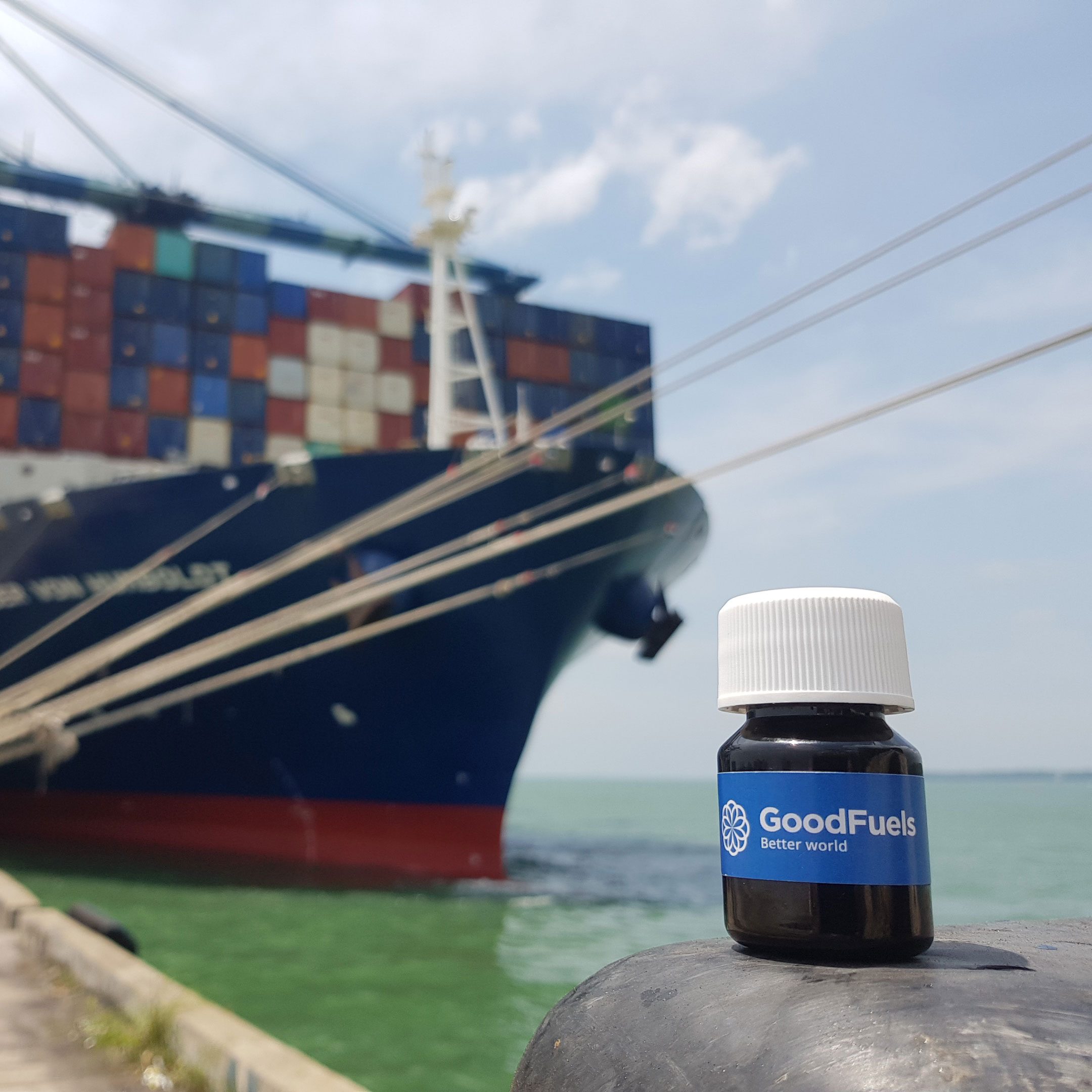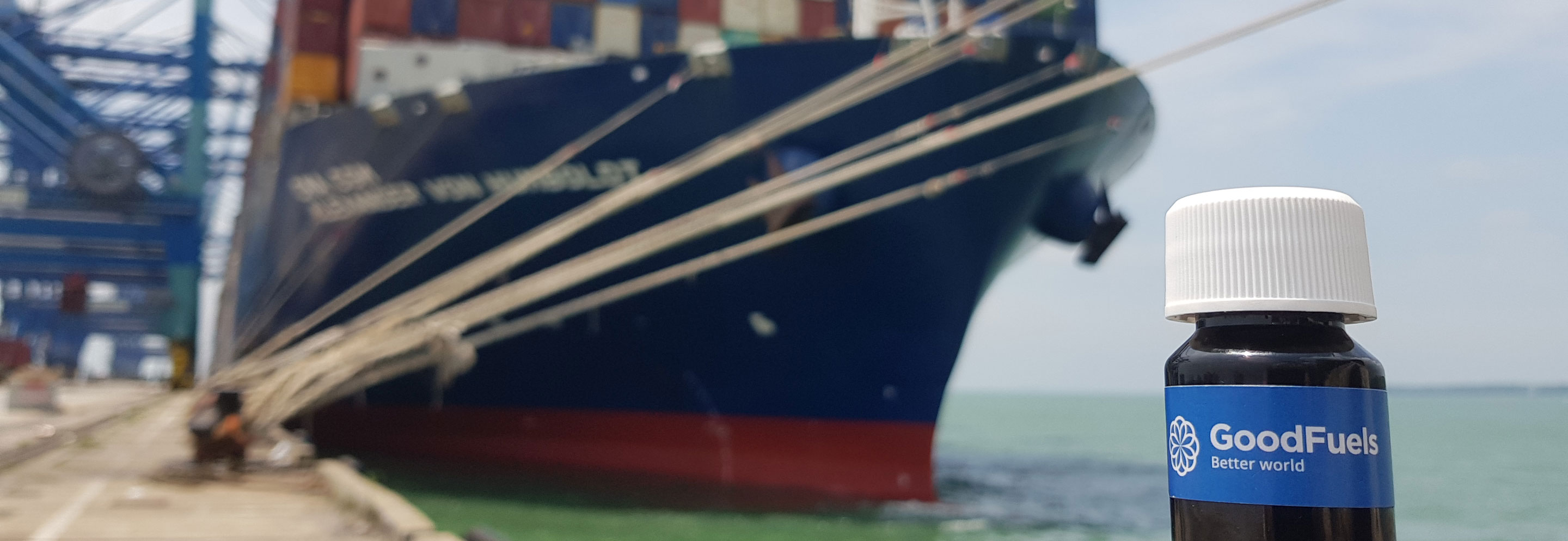

GoodFuels’ response to Fit for 55
Earlier this week the European Commission (EU) President Ursula von der Leyen presented the Fit for 55 climate package, which consists of a dozen policy proposals designed to reach the ambitious goal of reducing emissions by 55% by 2030 compared to 1990 levels.
For the very first time, the comprehensive climate change legislation includes the shipping industry. The international shipping fleet is a major source of emissions, currently responsible for around 3% of the world’s and around 11% of Europe’s total carbon emissions. This figure is expected to grow to around 15% by 2050 if alternative fuels and clean technologies are not adopted today.
With Fit for 55, the EU tackles the maritime industry’s Greenhouse Gas (GHG) emissions from several angles, including:
- The revision of the Renewable Energy Directive aims to further drive scaling up the usage of renewable and low carbon fuels in the EU.
- The FuelEU Maritime Initiative aims to decarbonise the shipping industry by ramping up the use and production of renewable and low carbon maritime fuels (following the definitions and sustainability criteria of the Renewable Energy Directive).
- The revision of the Alternative Fuels Infrastructure Directive aims to improve the development of the needed infrastructure of such renewable and low carbon fuels.
- The gradual extension of the EU Emissions Trading System to the maritime industry will set a cap on the amount of maritime GHG emissions.
- The revision of the Energy Tax Directive revisits the tax exemptions for conventional fossil fuels used in intra-EU shipping.
Being a leading sustainable frontrunner and market pioneer in the development and supply of sustainable advanced marine biofuels, GoodFuels very much supports the inclusion of the maritime sector in Fit for 55. In our view, the package is an essential instrument to accelerating the energy transition in shipping as we edge closer to the regulatory changes set by the IMO for 2030 and 2050.
However, the targets set within Fit for 55 are the first stepping stones in shipping’s wider decarbonisation journey. The industry must start making immediate decarbonisation impact today with the solutions already available.
GoodFuels introduced the world’s first sustainable marine biofuels in 2015 and has since proven the viability of this solution in the future fuels mix. We collaborate with the world’s biggest shipping companies and cargo owners, who all join our movement to reduce carbon emissions and add further momentum towards sustainable shipping. With the greatest movers and shakers already behind us, we’re showing that the industry is ready to scale up biofuels for the long term.
Sustainable biofuels are the most promising decarbonisation measure for shipping today and tomorrow. Importantly for the uptake of our biofuels, and a key advantage for GoodFuels, its ‘drop-in’ characteristic means they can be blended with existing fossil fuels and require no changes to marine engines or infrastructure, allowing the current fleet to significantly decarbonise without any modifications. We fully expect sustainable biofuels to play a major role in marine decarbonisation, and we are perfectly placed to support all segments of the shipping industry in this great transition with our impactful solutions.
In light of the cross-border nature of shipping, addressing its decarbonisation challenge at an EU level is the right approach. It encourages the international shipping industry to follow the EU by example and take action on the global level.
The next stepping stone will be the development of global GHG lifecycle guidelines for all fuel types. The GHG performance and carbon intensity of fuels should be assessed on a well-to-wake basis, considering the impacts of production, transport, distribution and use onboard. This will ensure global consensus for the effective deployment of technologies that provide a lower GHG footprint and real benefits compared to conventional fossil fuels.
We look forward to learning more of this development at IMO level hopefully later on in the year with great anticipation. In the meantime, we will continue to support and further accelerate the energy transition in the shipping industry and making a true impact with our carbon-busting solutions.


